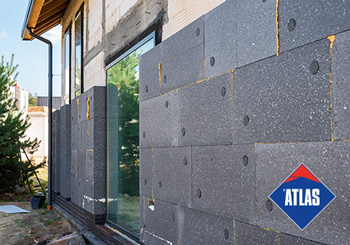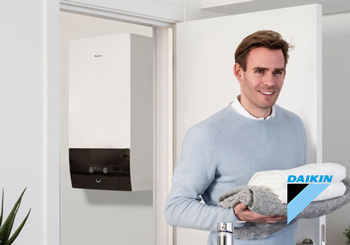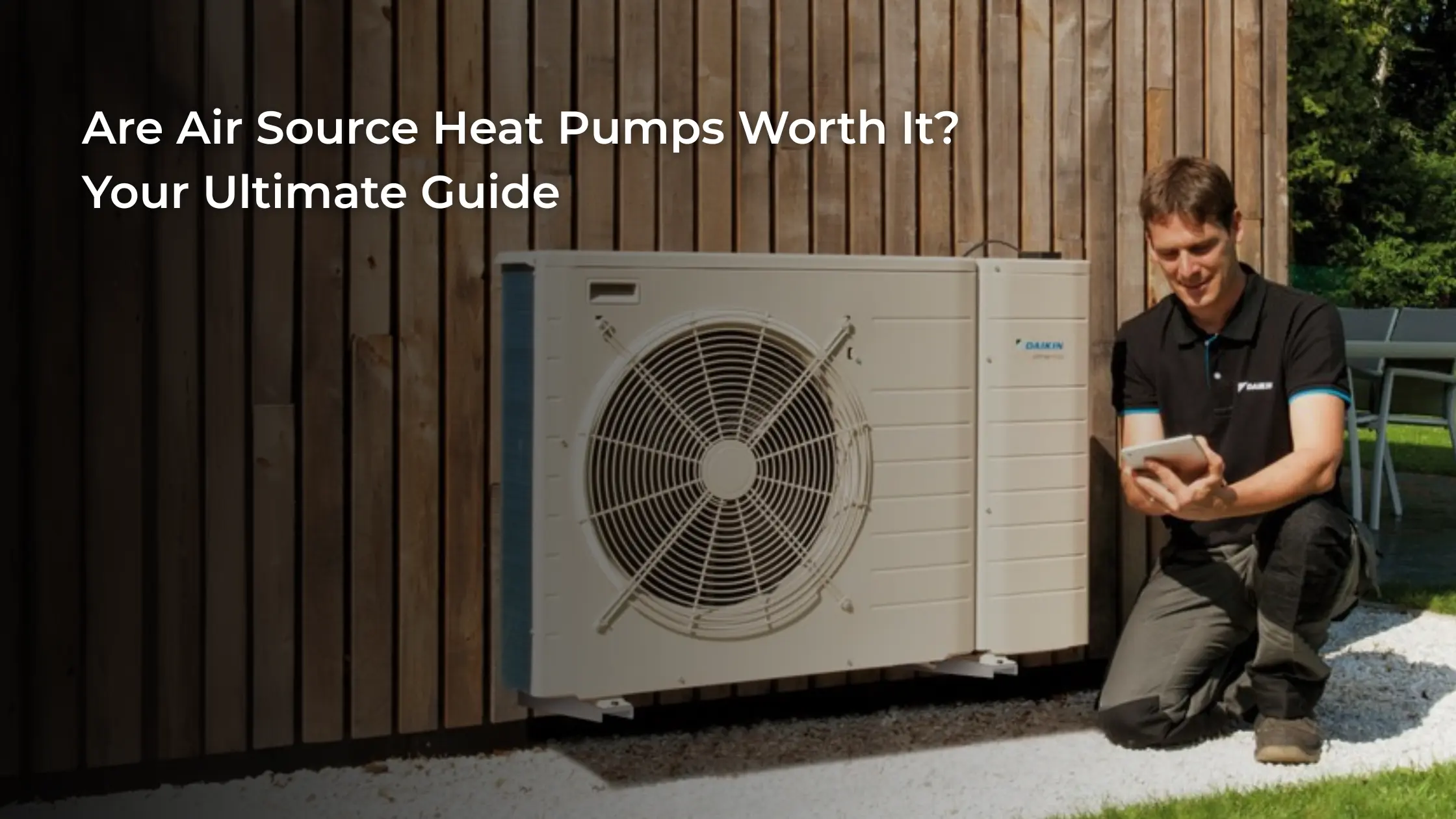Homeowners across the UK are increasingly exploring ways to cut energy bills and reduce their carbon footprint in today’s fast-evolving world of energy-efficient solutions. Air source heat pumps have gained significant attention among the most talked-about innovations in the renewable energy market. But with the costs involved and the growing buzz around sustainability, one question remains intact and that is: are air source heat pumps worth it?
Understanding the benefits, costs, and overall efficiency of air source heat pumps is very important, whether you are considering a greener upgrade or looking to future-proof your property. In this comprehensive guide, we are going to explore how they work, what you can expect in terms of performance and savings, and why they could be the perfect long-term investment for your home.
What Are Air Source Heat Pumps and How Do They Work?
Air source heat pumps are renewable energy systems that are designed to heat your home by extracting natural heat from the outside air, even during colder months. The system converts this captured heat into energy that warms your home and also provides hot water. Heat pumps are more sustainable because they rely on electricity and natural heat from the environment, unlike traditional boilers that burn on fossil fuels.
There are two main types of air source heat pumps available in the market: air-to-air and air-to-water heat pumps. Air-to-air systems deliver warm air directly into your home, while air-to-water systems heat water for radiators, underfloor heating, and taps. These systems work efficiently all year round and help you significantly reduce your dependence on gas and oil which makes them an attractive choice for eco-conscious homeowners.
Also Read: Which Type of Home Insulation is Best for Energy Efficiency?
Energy Efficiency and Long-Term Savings
One of the important reasons homeowners ask are air source heat pumps worth it? As these systems help you save money on energy bills over time. Heat pumps are highly efficient and they are known to produce more energy than they consume.
While the initial installation cost might seem higher than other traditional systems, the potential savings on energy bills can make up for it in the long run. The UK government also offers incentives such as the Boiler Upgrade Scheme, which provides grants of up to £7500.
Environmental Benefits of Choosing Air Source Heat Pumps
One of the biggest factors to keep in mind when considering air source heat pumps is their environmental impact. Air source heat pumps generate far fewer carbon emissions, as compared to gas boilers.
Since they use electricity rather than fossil fuels, they provide a cleaner and greener heating solution. By switching to a renewable energy system, you will actively contribute to reducing greenhouse gases and protecting the environment for future generations.
Also Read: 10 Essential Home Insulation Tips to Reduce Energy Bills
Comfort and Performance Throughout the Year
A common misconception about air source heat pumps is that they only work effectively in mild weather. In reality, they are designed to perform during extreme temperatures. Advanced technology ensures your home remains warm and comfortable all year round.
This system also delivers consistent heating, which means you no longer have to deal with the peaks and troughs that are often associated with older heating systems. For homes with good insulation, air source heat pumps can maintain stable and energy-efficient warmth without compromising on comfort.
Cost Considerations: Upfront vs. Long-Term Value
When deciding are air source heat pumps worth it, cost is naturally a major consideration. The installation costs in the UK depends on your home’s size and heating requirements. At first glance, the prices may seem expensive compared to replacing a gas boiler, the long-term savings and efficiency gains often justify the investment.
Additionally, as energy prices continue to rise, having a heating system that consumes less power offers you significant financial protection in the future. Air source heat pumps can provide an impressive return on investment by combining grants, lower energy bills, and potential property value increases.
Also Read: How to Fix External Wall Insulation: A Step-by-Step Guide
Are Air Source Heat Pumps Suitable for Every Home?
Not all properties are equally suited for air source heat pumps. While they work exceptionally well for well-insulated homes, older properties may require upgrades to insulation or heating systems to maximise efficiency.
If your home already has underfloor heating or large radiators, you are in an ideal position to benefit. However, even without these, a professional assessment can help determine the best setup to achieve optimal performance and comfort.
Why Infinity Is the Right Choice
Choosing the right installer is just as important as selecting the right heating system. At Infinity, we specialise in assessing and installing high-performance air source heat pump systems that are tailored to your home’s unique requirements.
With years of experience and a commitment to delivering exceptional customer service, we guide you through each step of the process, right from the consultation to installation and maintenance. Our expert team ensures you get the most efficient system possible to maximise your savings and comfort.
We also stay up to date with the latest government incentives to help you access grants and schemes in order to help you reduce your upfront costs.
Conclusion
If you are wondering are air source heat pumps worth it, the answer lies in your priorities. If you want to reduce energy bills, cut carbon emissions, and future-proof your property, then going for air source heat pumps could be one of the most effective solutions that are available today.
At Infinity, we help you take full advantage of renewable energy with expert advice and professional installation. Speak to our friendly team today to book your consultation and discover how switching to air source heat pumps can transform your home. Call us now and make the move towards a safer, warmer, and more efficient future.







